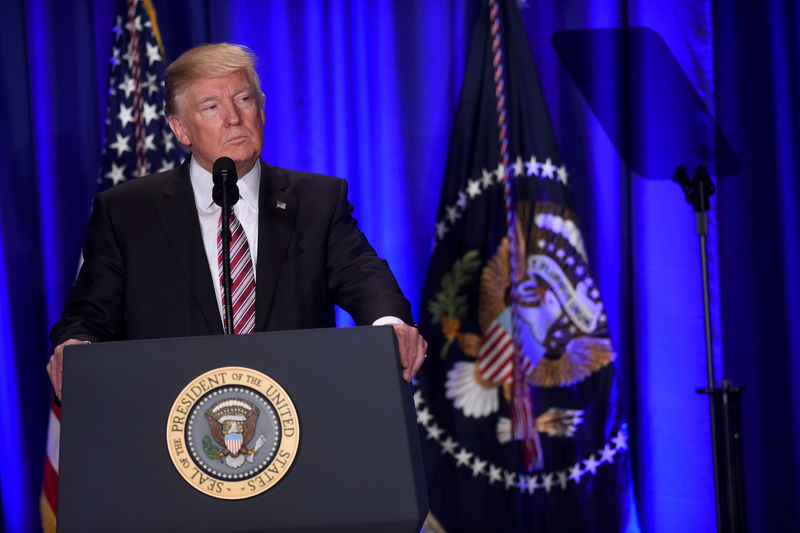By Sarah N. Lynch and Jan Wolfe
WASHINGTON (Reuters) -Former top Justice Department official Jeffrey Bossert Clark on Friday declined to testify before a U.S. House of Representatives panel seeking to question him about allegations that he tried to help ex-President Donald Trump overturn the 2020 presidential election.
In a letter to the U.S. House of Representatives Select Committee investigating the Jan. 6 attack on the Capitol, Clark's lawyer said his client's conversations with Trump are confidential and privileged.
"Mr. Clark is subject to a sacred trust," his attorney Harry MacDougald wrote in a letter to House Select Committee Chairman Bennie Thompson. He said Clark's advice to Trump is protected by executive privilege, a legal doctrine that keeps some White House communications confidential.
"Any attempts- whether by the House - or by the current President - to invade that sphere of confidentiality must be resisted," he wrote, noting that Clark "cannot answer deposition questions at this time."
U.S. Representative Bennie Thompson, chairman of the select committee, called Clark's claim of privilege and refusal to answer questions unacceptable.
"He has a very short time to reconsider and cooperate fully. We need the information that he is withholding and we are willing to take strong measures to hold him accountable to meet his obligation,” Thompson said in a statement.
Clark, former acting head of the Civil Division and former Assistant Attorney General of the Environment and Natural Resources Division, has come under scrutiny after several people said he encouraged Trump to oust former Acting Attorney General Jeffrey Rosen. Rosen and others said Clark wanted to be installed himself, so he could launch investigations into Trump's false election fraud claims.
In sworn interviews to the Senate Judiciary Committee, Rosen and his former deputy Richard Donoghue told lawmakers that Clark met with Trump behind their backs and repeatedly pressured them to send letters to Georgia and other swing states urging them to convene legislative sessions to contest the presidential election results.
Rosen and Donoghue refused Clark's requests. Trump then considered ousting Rosen and installing Clark, but he was dissuaded after discovering that all of the Justice Department's remaining assistant attorneys general would resign en masse if Clark were to be appointed.
The House Select Committee, which is investigating the Jan. 6 attack on the U.S. Capitol, subpoenaed Clark as part of a broader effort to understand what Trump did to try to stay in power.
Clark's actions are now also under investigation by the Justice Department inspector general, and they are the subject of at least three ethics complaints filed by the Washington D.C.'s Office of Disciplinary Counsel.
Clark is the latest person to defy a request by the House Select Committee to provide testimony, following on the heels of former Trump adviser Steve Bannon.
The Democratic-led House of Representatives on Oct. 21 recommend criminal charges against Bannon, who served as chief strategist for the Republican former president, for refusing to testify in the committee's investigation.
The Justice Department will decide whether to bring criminal charges against Bannon.
